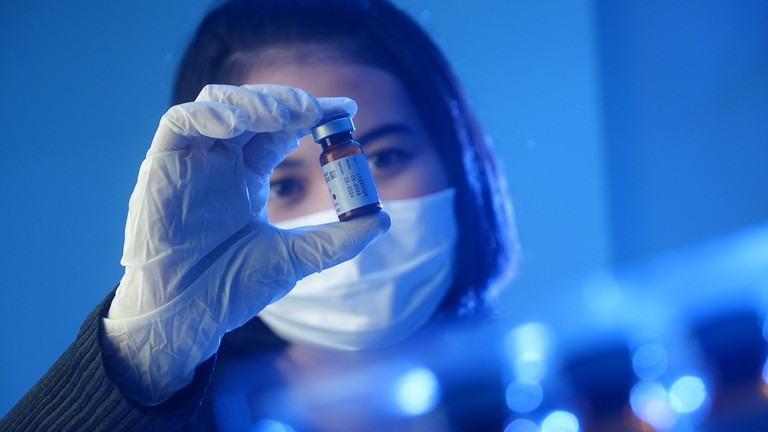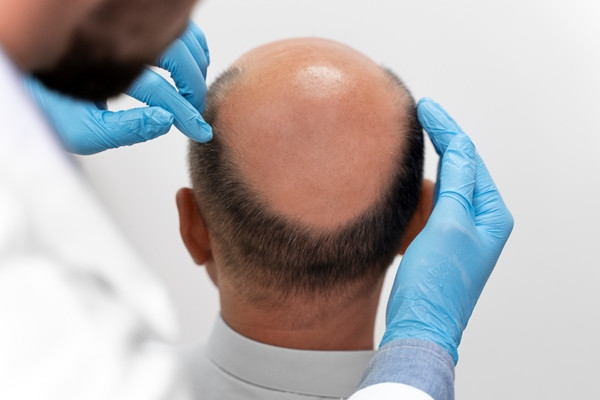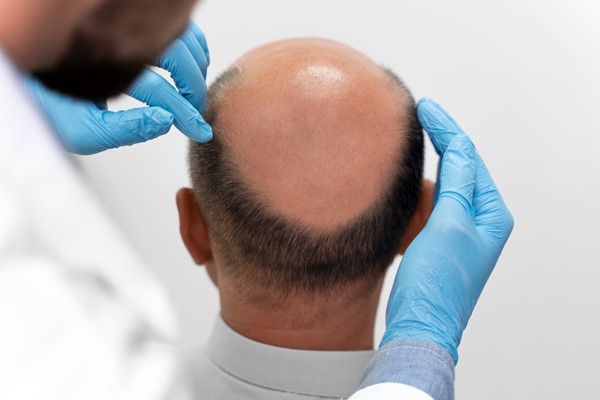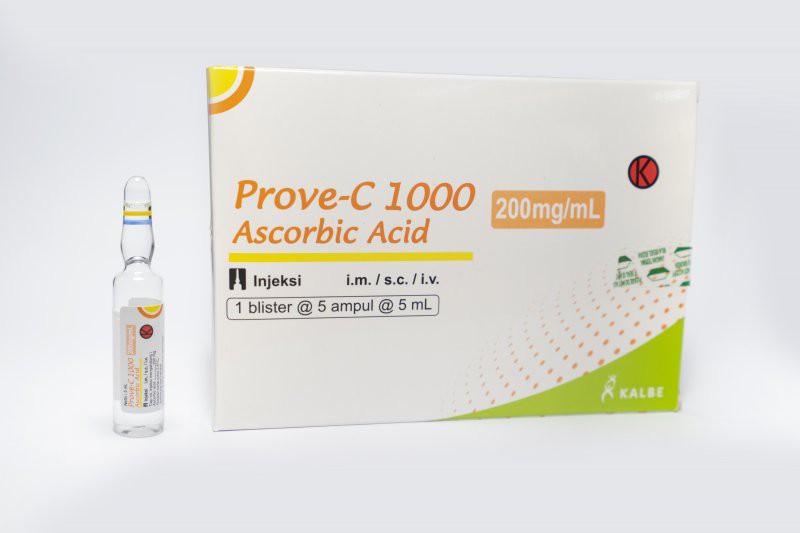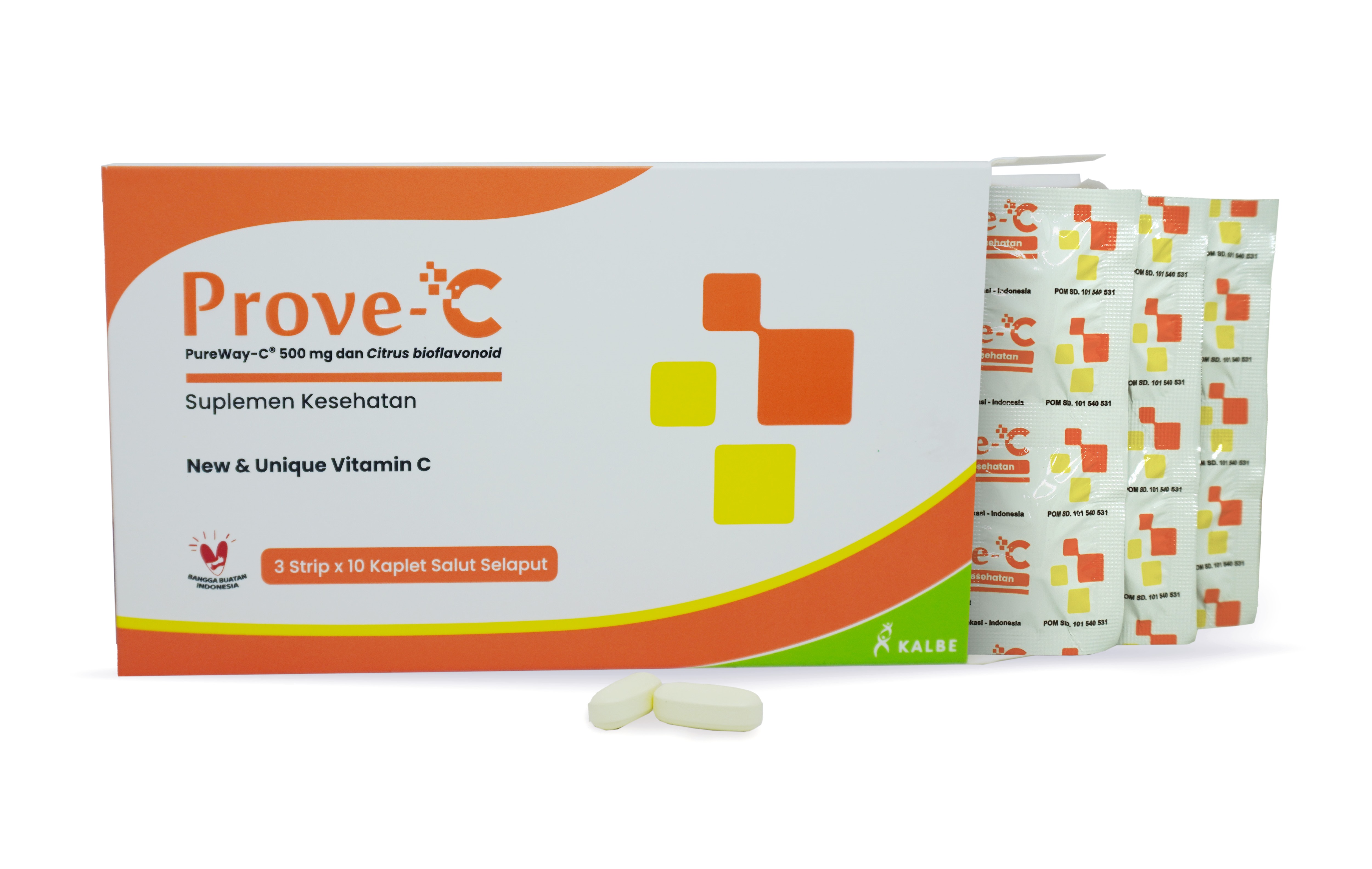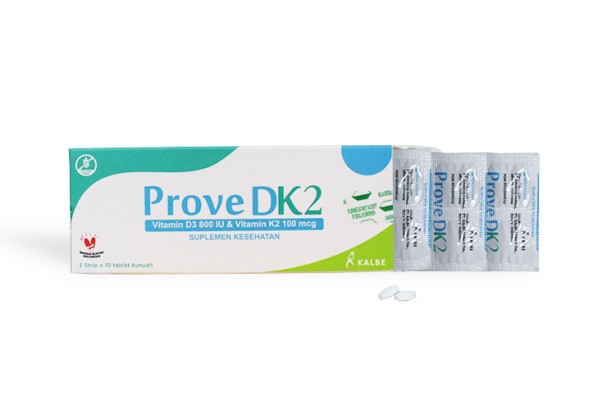
The skin is the primary defense organ in the human body to protect against external exposures such as ultraviolet radiation, infection by pathogenic microorganisms, and mechanical and chemical stress. The integrity and function of the skin barrier (skin barrier) are supported by an adequate supply of micronutrients such as several vitamins.
This study involved 65 studies that were reviewed to evaluate the role of vitamins and their derivatives in maintaining skin health and as antidotes and therapeutic agents in managing skin problems.
Vitamin A
Vitamin A and its metabolites are involved in immune system activity, vision, epithelial barrier function, and cellular differentiation. Vitamin A is primarily found in animal sources such as meat, dairy products, fish (retinol and retinyl esters), and colorful fruits and vegetables (beta-carotene and provitamin A). Retinoids can be classified into several generations, namely:
Generation I: retinol, retinaldehyde, tretinoids, isotretinoin, alitretinoin
- Generation II: etretinate, acitretin
- Generation III: adapalene, tazarotene, bexarotene
- Generation IV: seletinoid G
Vitamin A plays a role in neoplastic transformation and carcinogenesis because its antioxidant function reduces free radical damage to DNA. Vitamin A can also regulate the process of adaptive immunity and innate immunity, including helper T cells, B cells, neutrophils, macrophages, and natural killer cells, and increase the body's defense against infection. Retinol derivatives are widely used in cosmetics as an antioxidant and anti-aging.
Vitamin B
The B vitamin most often associated with the skin is vitamin B3 because it functions for DNA repair, cellular energy metabolism, and regulation of transcription processes.
Vitamin B3
Vitamin B3 or vitamin PP or niacinamide/nicotinamide is a coenzyme component involved in hydrogen transfer. It has many beneficial effects on the skin. Topical application can stabilize the skin barrier, reduce transepidermal water loss and stimulate the synthesis of proteins (filaggrin, keratin, and involucrin) and ceramides that are useful in the treatment of atopic dermatitis. Its anti-inflammatory effect and decreased production of inflammatory cytokines (IL-1β, IL-6, IL-8, TNF) are also helpful in treating acne, rosacea, and other inflammatory skin conditions. A phase 3, double-blind, randomized trial was provided that evaluated the effectiveness of oral nicotinamide in reducing the onset of non-melanoma skin cancer and actinic keratoses. After 12 months, the incidence of new non-melanoma skin cancer was 23% lower in the nicotinamide group than in the placebo group. Nicotinamide is safe and is not reported as a teratogenic agent. The most common side effects of using nicotinamide are nausea, vomiting, headache, and fatigue.
Vitamin B8
Vitamin B8, also known as B7 or H or biotin, is a water-soluble vitamin that is an essential cofactor in the metabolic pathways of gluconeogenesis, fatty acid synthesis, and amino acid catabolism. Several studies have also suggested that biotin plays a role in cell signaling, epigenetic regulation of genes, and chromatin structure. Biotin can be found in food, is often bound to proteins, and is produced by the normal gastrointestinal tract flora. The state of biotin deficiency will cause periorific scaly dermatitis, conjunctivitis, alopecia, skin infections, ataxia, ketolactic acidosis, convulsions, muscle hypotonus, and developmental disorders in children and infants. Biotin plays a role in keratin production, affecting skin and hair health. Oral use of biotin can improve hair loss and nail growth. The study of Boccaletti, et al, evaluated the efficacy of giving biotin 5 mg/day in 2 young women with hair problems and found improvements in hair appearance up to 2 years after biotin was discontinued. In children with seborrheic dermatitis who are treated with vitamin B complex and biotin, skin lesions improve in 4-8 days and complete healing in 15-30 days.
Vitamin C
Vitamin C is otherwise known as ascorbic acid. The skin has a high concentration of vitamin C, which is concentrated in the intracellular compartment and is transported to the blood vessels in the skin layer. Vitamin C protects cells from oxidative stress. Vitamin C plays a role in normalizing the lipid profile in the stratum corneum (glycosphingolipids and ceramides). It was reported that vitamin C levels were found to be lower in aged and photodamaged skin. Adequate levels of vitamin C can neutralize the adverse effects of UV radiation. Vitamin C deficiency is associated with several skin function problems: wound healing (deficiency in collagen production), thickening of the stratum corneum, and subcutaneous hemorrhage (susceptibility of connective tissue). Oral supplementation has been shown to reduce the intensity of brown spots on the skin and UV spots and improve erythema, skin texture, and pores.
Vitamin D
Vitamin D3, known as cholecalciferol, is a fat-soluble vitamin prohormone with endocrine, paracrine, and autocrine function effects. Vitamin D plays a role in the mechanism of the immune system. Vitamin D can inhibit the process of tumor invasion and angiogenesis mechanism by inhibiting cell proliferation. Vitamin D may reduce the risk of DNA damage from UV radiation.
Vitamin E
Vitamin E or tocopherols are a group of fat-soluble antioxidants found in human cells since 1922; In addition, they can be found in various foods and oils. Vitamin E can inhibit the production of ROS molecules and act as the first line of defense against fat peroxidation. Administration of vitamin E at a dose of 1000 IU per day for six months showed effective results in treating yellow nail syndrome, characterized by yellowish nail color, slowed nail growth, chronic bronchitis, and sinusitis. Vitamin E also positively affects the treatment of acne vulgaris, prevents lipid peroxidation, impairs bacterial growth, and contributes to the inflammatory process. Several studies have proven that vitamin E supplementation at a dose of 200-1200 IU per day improves scleroderma.
Vitamin K
Vitamin K is a fat-soluble vitamin found in two forms, namely K1 (phylloquinone) and vitamin K2 (menaquinone). Vitamin K plays a role in synthesizing osteocalcin and matrix GLA protein. Acceleration of the wound healing process is triggered by vitamin K because vitamin K can increase wound contraction and improve the process of epithelialization and formation of fibroblasts, collagen, and blood vessels.
Ubiquinone
Ubiquinone, also known as coenzyme Q10, is a potent endogenous fat-soluble antioxidant in human cells. With increasing age, skin changes are found in the form of the appearance of wrinkles and loss of elasticity. In the skin, endogenous Q10 levels decrease with age and UV radiation.
Conclusion:
Vitamins modulate various biological functions that affect skin health; represent important constituents in several cosmetic products as they play a fundamental role as antioxidants capable of counteracting the formation of free radicals and supporting endogenous antioxidant systems that intervene both in the cellular aging process and in the development of certain skin pathological conditions. The use of vitamins in dermatology is not limited to just cosmetics because they can be used as therapeutic or preventive agents in several skin diseases.
Image: Illustration (www.pexels.com)
Reference:
Dattola A, Silvestri M, Bennardo L, Passante M, Scali E, Patruno C, et al. Role of vitamins in skin health: A systematic review. Curr Nutr Rep. 2020;9(3):226-35. doi:10.1007/s13668-020-00322-4.


